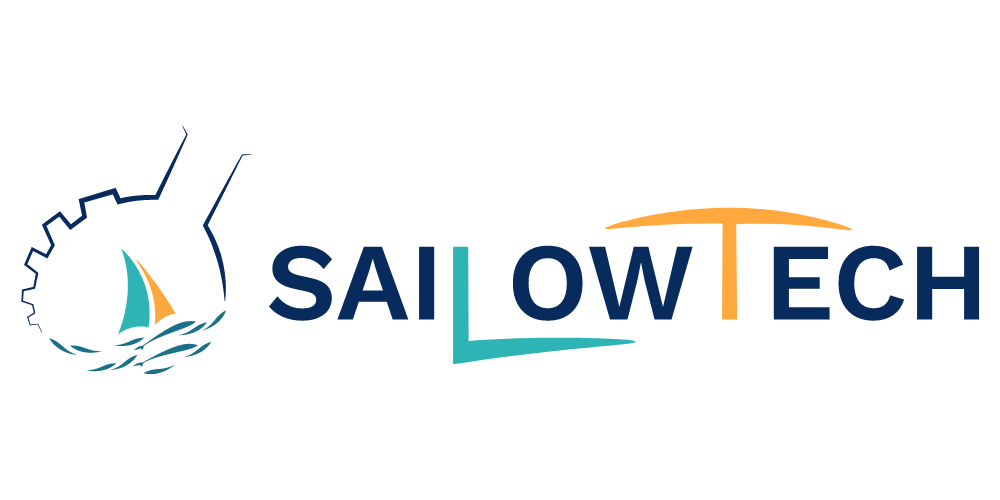Heading for plankton !
Plankton Mission : from invisible to visible
The plankton mission aims to explore the potential of frugal science aboard a sailboat in order to participate to the study of the plankton. We wish to evaluate its relationship with the pollution and environmental parameters through scientific expeditions, and educational sailing in different conditions.
What is plankton ?
A group of organisms ranging from viruses to jellyfish, including krill and bacteria. Their main characteristic is that they migrate with the surface currents. Representing 98% of the marine biomass, it is at the base of the marine food chain, producing more than half of the oxygen that we breathe and contributing significantly to the absorption of the third of the CO2 produced. More than a scientific issue, it is a matter of life ! This is one of the fundamental bases of the living!
%
Marine biomass represented by plankton
%
Planetary oxygen provided by plankton
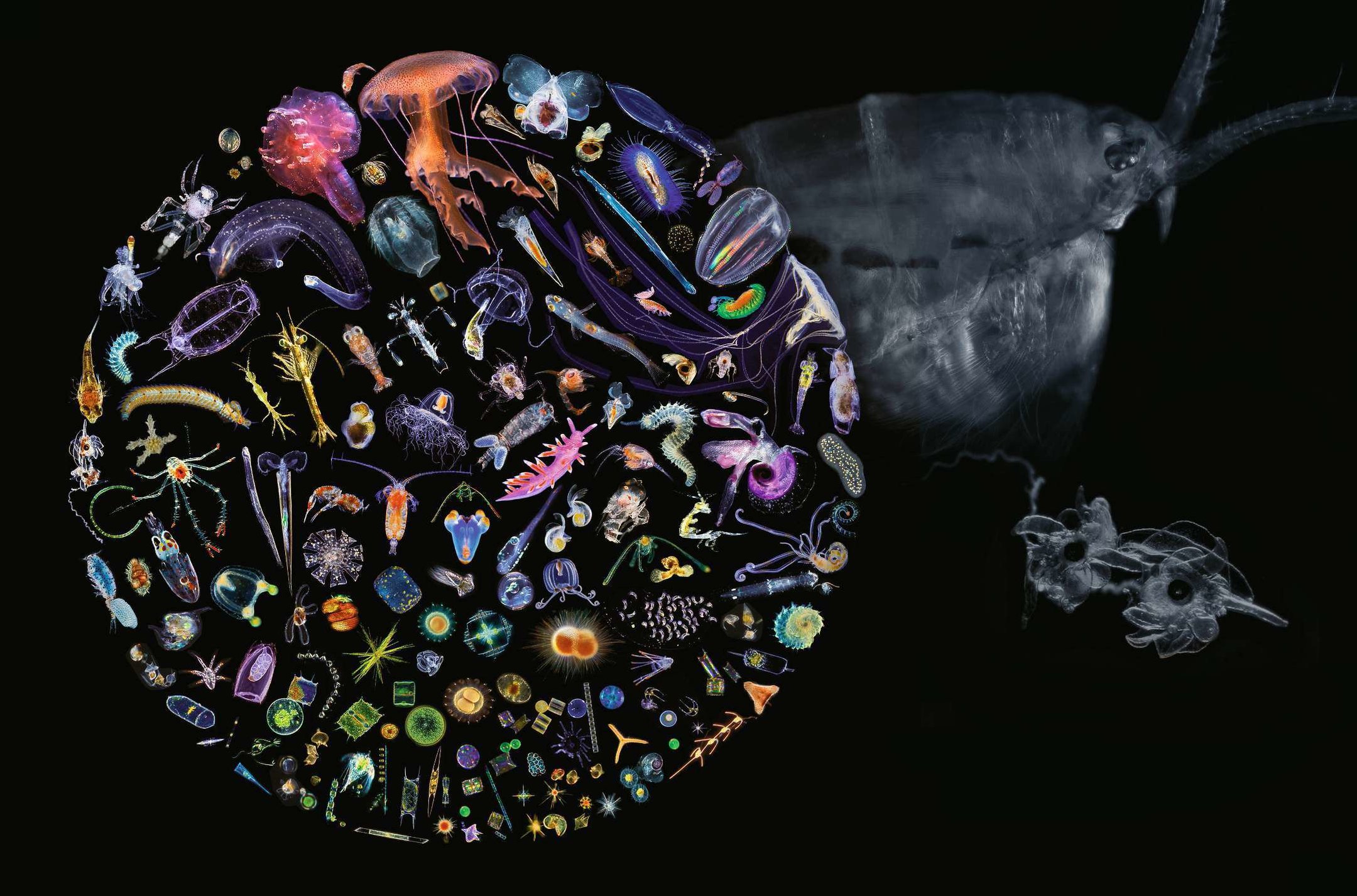
© CHRISTIAN AND NOÉ SARDET/CHRONIC PLANKTON/FROM PLANKTON. THE ORIGINS OF THE LIVING, ULMER, 2013
Why study it ?
This essential aquatic microbiome forms a fragile whole, hyper-reactive and proactive to climatic disturbances and all kinds of pollution. And yet, we are still sorely lacking in data about it. It is therefore a priority for the scientific community to study it.
Poor ocean health will be reflected in poor plankton health, and it is therefore a key element in understanding the state of the ocean and the impact of environmental pressure factors, associated in particular with human activities.
The expeditions
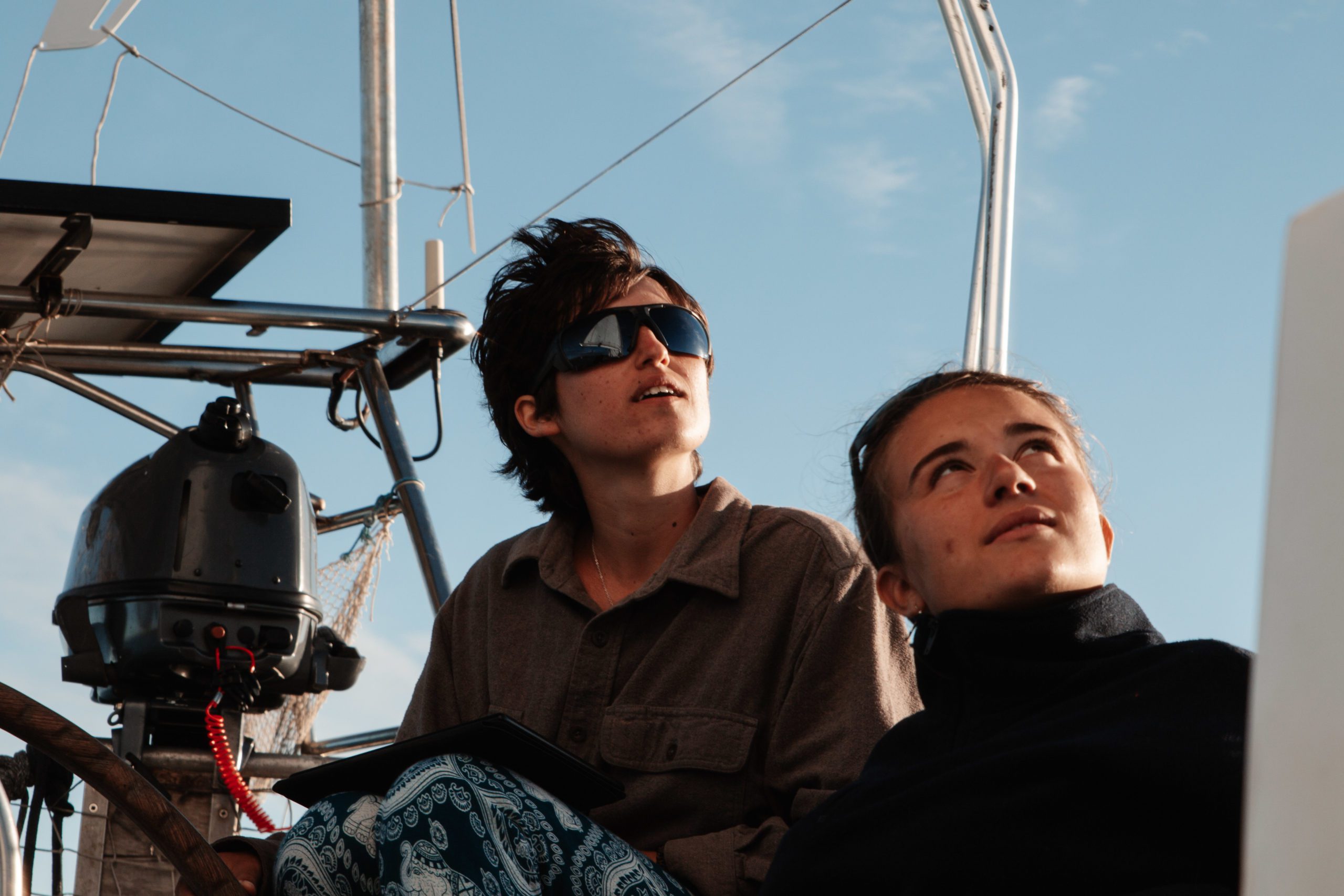
Atlantea
Atlantea marks the beginning of an unprecedented adventure for the Mission Plankton. Our expedition is intended to explore the marine microbiome, a vital and often overlooked aspect of the ocean, as part of a mission to measure its health. Sailing along the currents of the North Atlantic Oceanthe 6 crew members will follow the plankton's journey through various environmental conditions. Throughout our voyage, we'll be supporting initiatives that share ourvalues of education and exchange, while offering young EPFL engineers the opportunity to test their innovations.
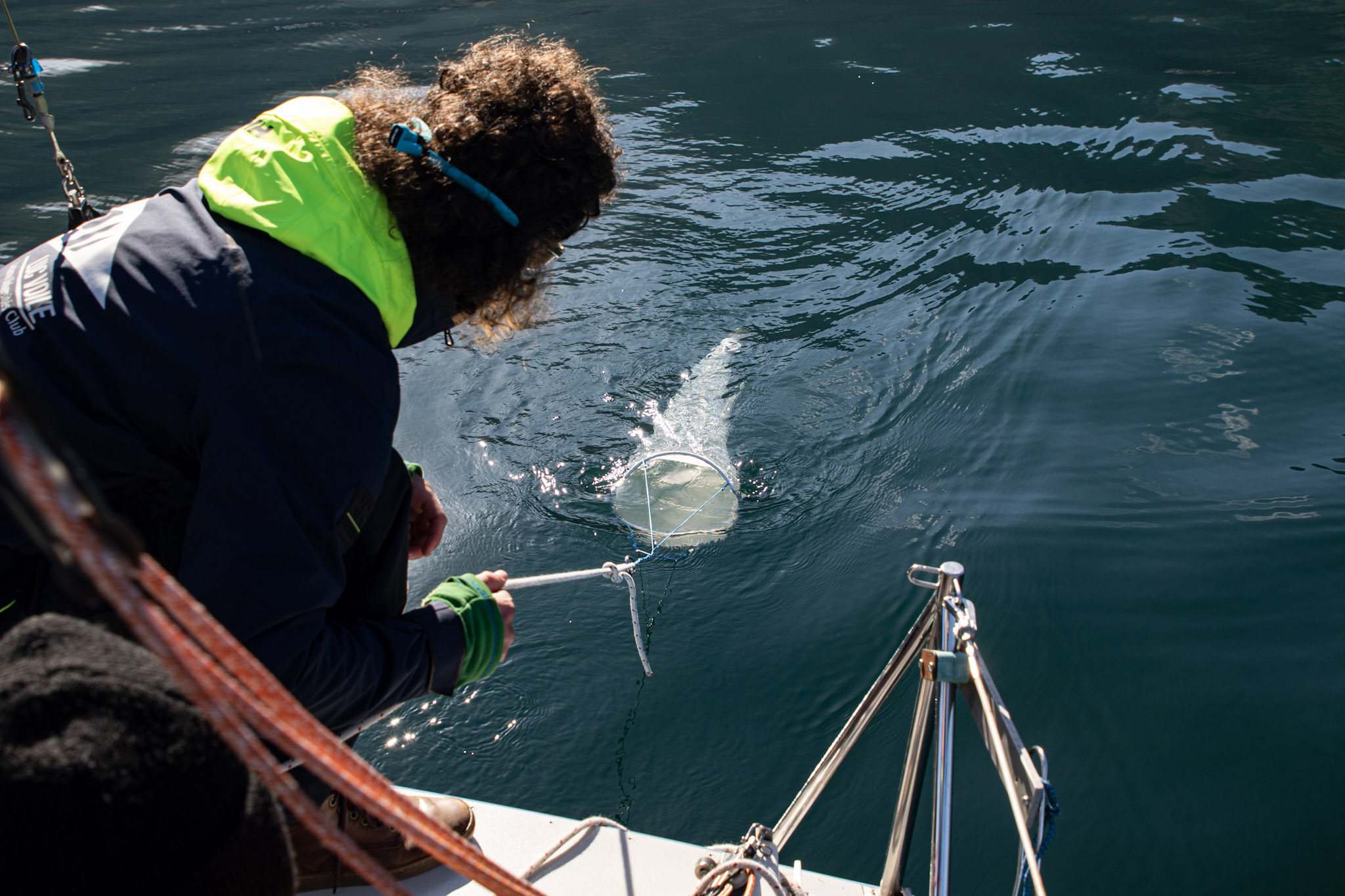
Alpine Lake
Designed to bring the students of EPFL closer to our mission, this new adventure took place on the Lake Geneva and gathered twenty students.
Objective: to investigate the impact of climate change on the populations of plankton and sediment of Lake Geneva, while improving our equipment in preparation for the Arvor expedition.
This expedition represents a invaluable training platform for our nautical, scientific, and low-tech teams.
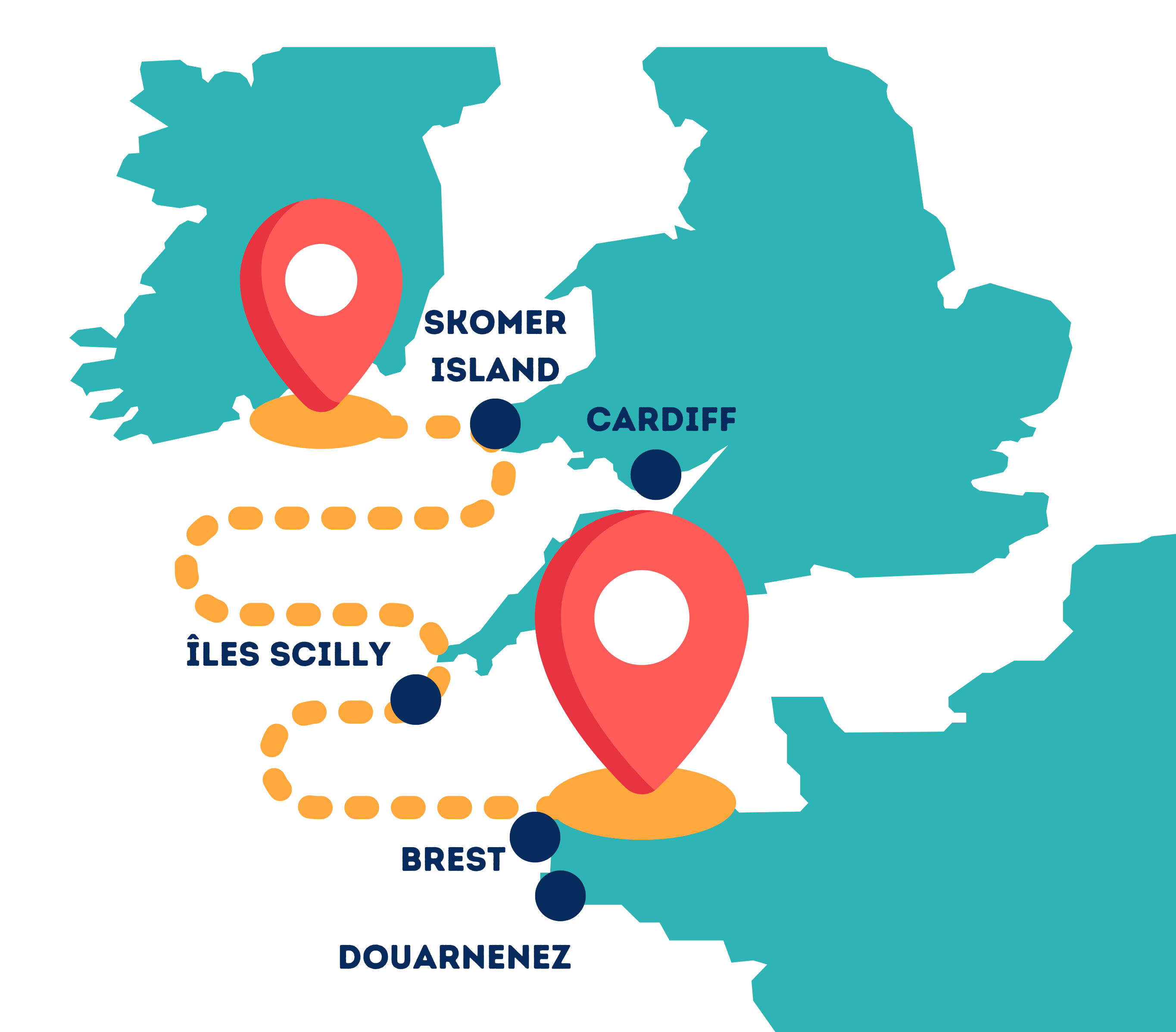
Arvor
Planned for summer 2024, the objectives will be to study the impacts of climate change on plankton as well as the quantification of nano-plastics. This expedition will also help improve the system lab and embedded Low-Tech instruments developed during the year.
Alongside us from the beginning
The genesis of this mission is an international consortium of researchers (Sorbonne, CNRS, Stanford, University of Maine), sailors (Tara Ocean Foundation), and "makers" (TernogLab, PontonZ) created in 2015. In fact, its director, Colomban de Vargas has been an essential support in our project and continues to advise us tirelessly to ensure the relevance of our different lines of research and innovation.
